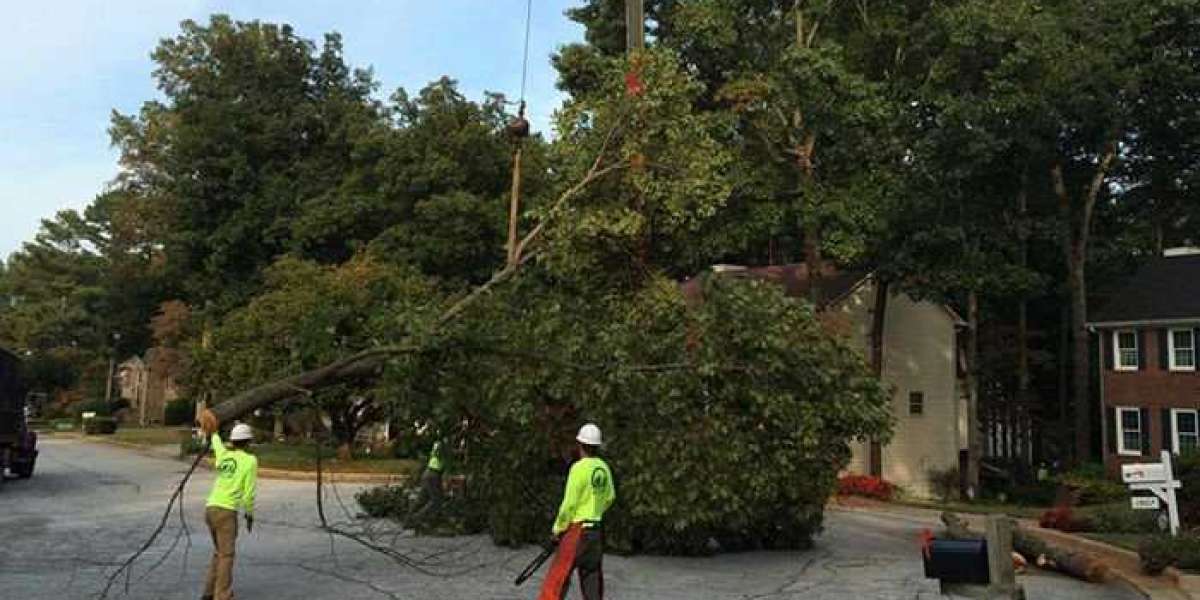Introduction
Loggers, often referred to as lumberjacks or woodcutters, are the backbone of the forestry industry. They work tirelessly to harvest timber, a vital natural resource used in various industries, from construction to paper production. In this article, we will delve into the life and work of loggers, exploring their roles, the challenges they face, and the importance of sustainable logging practices.
The Role of Loggers
- Tree Harvesting: Loggers are responsible for felling trees, a process that involves cutting down mature trees in a safe and efficient manner. They often use chainsaws or heavy machinery like feller bunchers and skidders.
- Processing and Transportation: After trees are felled, loggers limb and buck them, preparing the logs for transport to mills or processing facilities. This includes removing branches, cutting the logs into manageable lengths, and sorting them.
- Safety: Loggers must adhere to strict safety standards to protect themselves and their colleagues. They often work in challenging terrain and in proximity to heavy machinery, making safety a top priority.
- Environmental Stewardship: In addition to their primary duties, loggers play a crucial role in practicing sustainable forestry. They must consider the long-term health of the forest, avoid over-harvesting, and mitigate environmental impacts.
Challenges Faced by Loggers
- Hazardous Working Conditions: Logging is one of the most dangerous professions in the world. Loggers work in all weather conditions and on steep, uneven terrain, which increases the risk of accidents.
- Physical Demands: The work is physically demanding and requires a high level of fitness. Loggers often need to handle heavy equipment and work long hours.
- Environmental Concerns: Balancing the need for timber with environmental conservation can be challenging. Loggers must navigate regulations and sustainable practices to minimize their impact on the ecosystem.
- Market Fluctuations: Loggers are affected by the dynamics of the timber market. Economic fluctuations can impact job security and income.
Importance of Sustainable Logging
- Ecosystem Health: Sustainable logging practices ensure the long-term health of forests by promoting regeneration, protecting biodiversity, and minimizing environmental damage.
- Climate Mitigation: Forests are essential in capturing and storing carbon dioxide. Sustainable logging practices help mitigate climate change by preserving this vital function.
- Economic Stability: Sustainable logging practices contribute to the long-term viability of the forestry industry, providing stable employment and economic benefits to communities.
- Certification: Programs like the Forest Stewardship Council (FSC) and the Sustainable Forestry Initiative (SFI) certify wood products sourced from sustainably managed forests, providing a market for responsibly harvested timber.
Conclusion
Loggers are the unsung heroes of the forestry industry, working in demanding conditions to provide the wood products that are integral to our daily lives. Their role in sustainable logging practices is essential to protect our natural resources and ensure a balance between economic interests and ecological responsibility. As we recognize the vital contributions of loggers, it's crucial to support their efforts in fostering a sustainable future where forests continue to thrive and provide valuable resources for generations to come.








